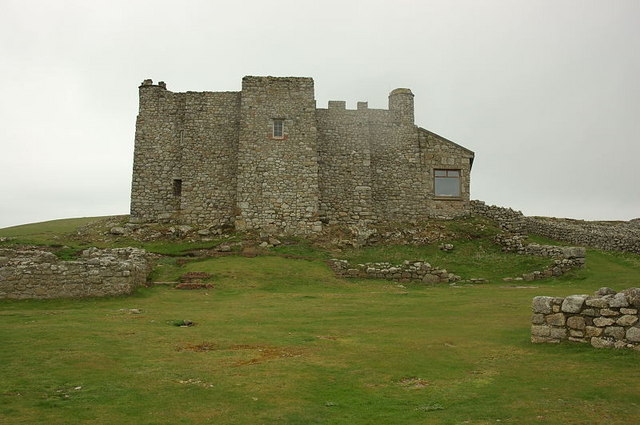A great deal has been written on pirates of this 'golden age', and their society has been explored in some depth, from Marcus Rediker's Villains of All Nations to our own Ed Fox's doctoral thesis. By comparison, pirates of the sixteenth and earlier seventeenth centuries have received less attention from academic and popular historians. And yet, some of the robbers who plied the seas in the Tudor and early Stuart period were larger than life characters whose stories exceed those of better-known pirates for excitement and interest.
The most famous pirate of the period was undoubtedly John Ward, who deserted from the Royal Navy and stole a ship from Portsmouth harbour. After a brief period raiding in the English Channel he sailed for the Mediterranean where he 'turned Turk, converted to Islam, and entered the service of the Dey of Tunis. After a spectacular series of cruises in the Mediterranean, Ward settled in Tunis where he became a figure of note, much addicted to the bottle, and where he eventually died, probably of the plague. Apocryphally, Ward and his contemporary Simon Dansekar, are said to have taught the Barbary pirates of North Africa European ship-building techniques which enabled them to expand their operations into the Atlantic Ocean and English Channel, opening the way for a series of raids committed against land targets in England and Ireland.
Perhaps the most interesting pirate of the era, though, was Ward's former naval captain, Thomas Salkeld.
Thomas Salkeld (or Sackell, Sockwell, etc) began his sea-going career as a privateer in the service of Good Queen Bess, but like so many others found himself unemployed. He was briefly granted command of a Royal Naval vessel under James I, but with so few ships in service and so many experienced men seeking work, competition for posts was fierce and Salkeld was soon unemployed again. Following the loss of his naval command, Salkeld developed a hatred of James I and bore his grudge to extremes. Basing himself at Plymouth, he raided shipping in the English Channel and Bristol Channel until in March 1609 he pulled off his greatest coup with the capture of Lundy Island in the Bristol Channel. Salkeld declared himself King Thomas of Lundy, swearing defiance to Stuart England and declaring his wish to have James' heart on the point of his sword. Prisoners taken from captured ships were offered a stark choice, commit treason against England by recognising Salkeld's sovereignty, or be hanged. Those who submitted had their heads shaved, were forced into a state of slavery, and put to work building a modern fortification to supplement the island's medieval castle.

One night, under cover of darkness, a Bridgwater man named George Escott gathered a number of Salkeld's other slaves and, armed only with a dagger, led a surprise attack against 'King Thomas' and the pirates housed in the castle. A few of the pirates were killed and the rest, including Salkeld, fled the island. Eventually they found safety with another noted pirate, Peter Easton, but before long Salkeld and Easton quarrelled and Easton threw Salkeld into the Irish Sea. Top that, Hollywood hacks!
Exciting as such stories are, the real interest of the Tudor and Jacobean pirates from the social historian's point of view is that several of the supposedly progressive ideas and practices associated with pirates of the so-called 'golden age' of piracy were in evidence a century earlier. Like later pirates, Stuart pirates sometimes elected their captains and officers, men received shares of the plunder rather than a fixed wage, and crews self-regulated their behaviour by the creation and imposition of a set of rules or 'articles'. None of these things is surprising: they were practical solutions to the problem of managing a crew of outlaws when recourse to a higher authority was impossible, and they were all based on common practice in other, more legitimate, pursuits such as privateering. However, reference to such practices by pirates a century before the 'golden age' casts serious doubt on the 'progressive' nature of Blackbeard and his contemporaries.
Scattergoods and Swaggering Rascals, Documents Relating to English Piracy of the Tudor and Jacobean Period is now available from Fox Historical Publications. Click on the link below.
 Scattergoods and Swaggering Rascals, Documents Relating to English Piracy of the Tudor and Jacobean period.
Scattergoods and Swaggering Rascals, Documents Relating to English Piracy of the Tudor and Jacobean period.
No comments:
Post a Comment